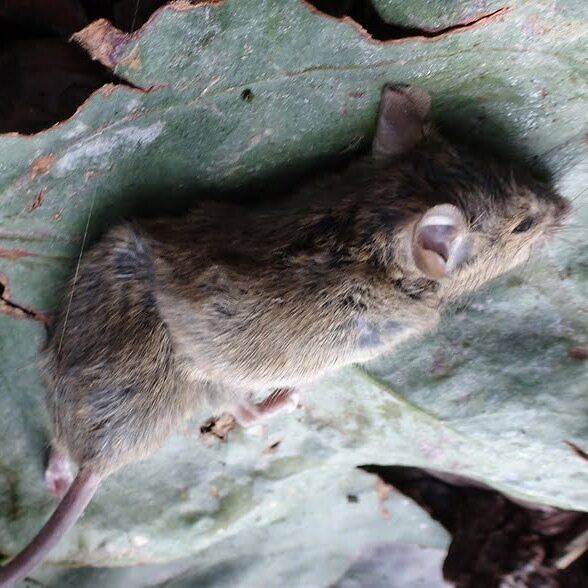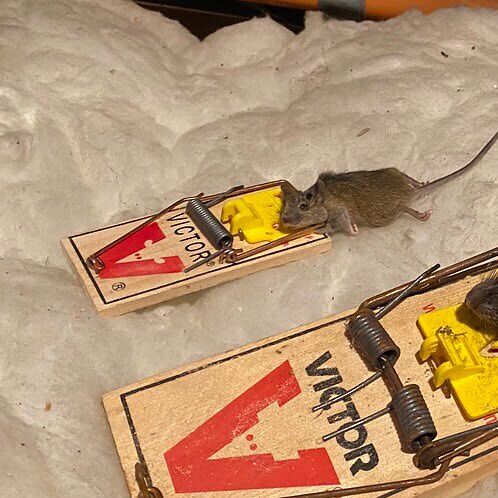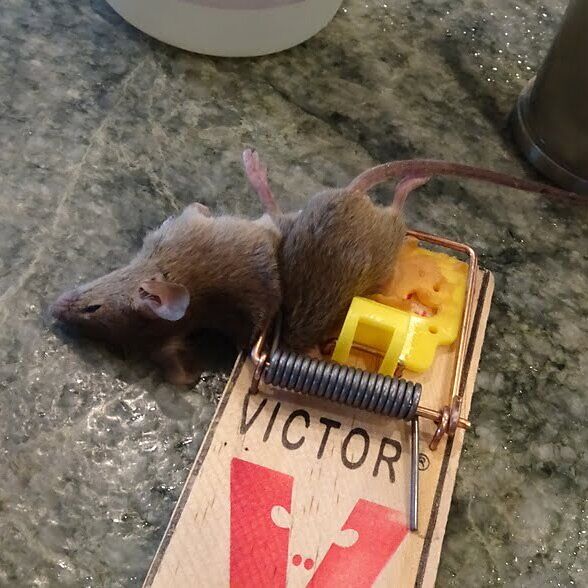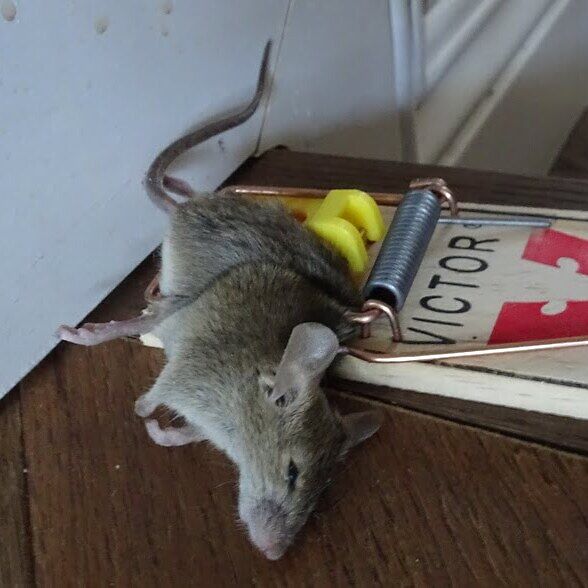So, you’ve got mice in your back garden. Now what? You can’t just leave them there, because they’ll breed and breed and breed until it’s no longer your property; it’ll be their property. There will be so many of the furry, big-eared rodents that you just won’t know what to do with yourself. (And when you learn of the diseases that they can carry, you’ll want to run very far away!)
If you’ve got mice in the back garden, there’s a good chance you’ve already got mice in the house. If you don’t already have mice in the house, it’s only going to be a matter of time before you do. Winter is the time when most of these critters slowly creep inside residential and commercial buildings, mostly because it’s cold outside. They don’t do well in the great outdoors when the temperature dips too low. In fact, it can kill them.
During the warmer months of the year — summer through until fall — mice are quite happy living in the great outdoors, although they will snap up a cozy human residence if they get the opportunity to. They know that it will be a great habitat for winter, and winter always comes. By moving into that property in the spring or fall, they’ll be way ahead of schedule. They’ll already have found a great winter nesting spot by the time the cold weather comes, and there’s plenty of food, fresh water, and lots of warmth. Sounds cozy, right? If it is to you, it will be to a pest, too.
The biggest and best approach that you can take to preventing mice in your home, is to first prevent mice from hanging out in your back garden. They’re there because you are offering them food, water, or shelter. You’re more than likely offering them all three. Unless you take all of those three things away, the population of mice that you have breeding very quickly will just continue to breed. Two mice turn into ten mice, and that soon turns into twenty, thirty, one hundred, two hundred mice ... The speed at which these creatures can procreate is incredible, and when part of their group is culled, the males and females will come together and breed at an even quicker pace. This helps to bring the numbers right back up again, and you know what they say: there’s safety in numbers.
How to Get Rid of Mice in the Garden
To start with, make sure you’re not offering them any food. This might come in the form of chicken feed or cat/dog food that's left out in the yard. Mice are mostly active at night, although it isn’t unusual to see them out and about at any time of the day. Bring in your cat and dog food overnight, and don’t leave chicken feed outside at all. Once the chickens are done feeding and away in the coop, spend a few moments clearing up after them. It’s not a fun job, but this will prevent much bigger problems than just mice; it can also stop larger snakes, raccoons, opossums, foxes, coyotes, and other wild/pest animals coming around for a closer look.
Bird feeders are common mouse-feeders, as are vegetable patches, sheds that aren’t secure that contain feed/food, and even compost heaps. And don’t even get us started on garbage bags. All of these things can be rectified. The less food you have lying around for them, the less chance a mouse population will choose to move right in. Garbage bags can go in metal garbage cans with lids. Gardens can be cleared of debris, too. In fact, we highly recommend this.
Mice, being smaller animals, need shelter on the ground to prevent them from becoming food to another, larger animal. This might be something in the air, such as an owl or eagle, or it could be something down on the ground, such as a fox or domesticated cat/dog. If there isn’t any ground covering, mice are left entirely vulnerable. That’s why they choose to run along walls, rather than down the center of a room. It’s to make the most of the one-sided protection.
If your garden is entirely open and clear from waste and debris (for the most part), it will be less appealing to rodents that need that ground cover. If you have a messy garden, with lots of stuff everywhere, the mice and other rodents (and scavengers) have plenty of places to hide, so they’ll use it to their advantage. They’ll hop from one area of ground cover to another, eating and defecating as they go. Take away the ground cover and you’re taking away their metaphorical mode of transport.





